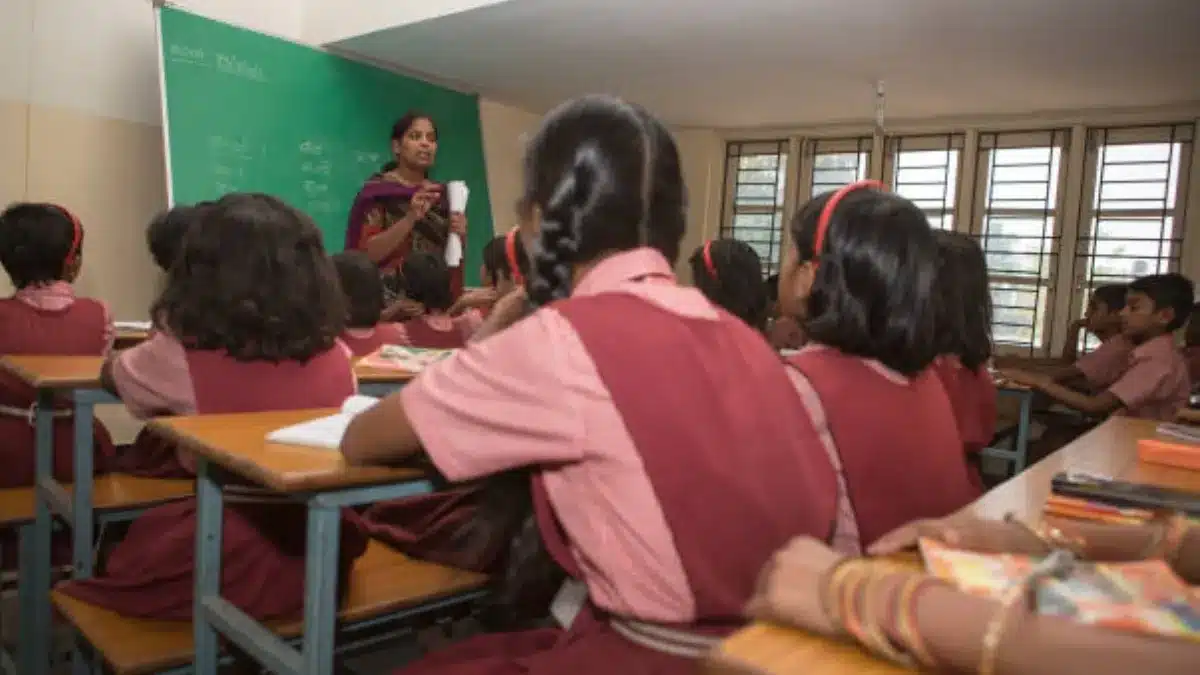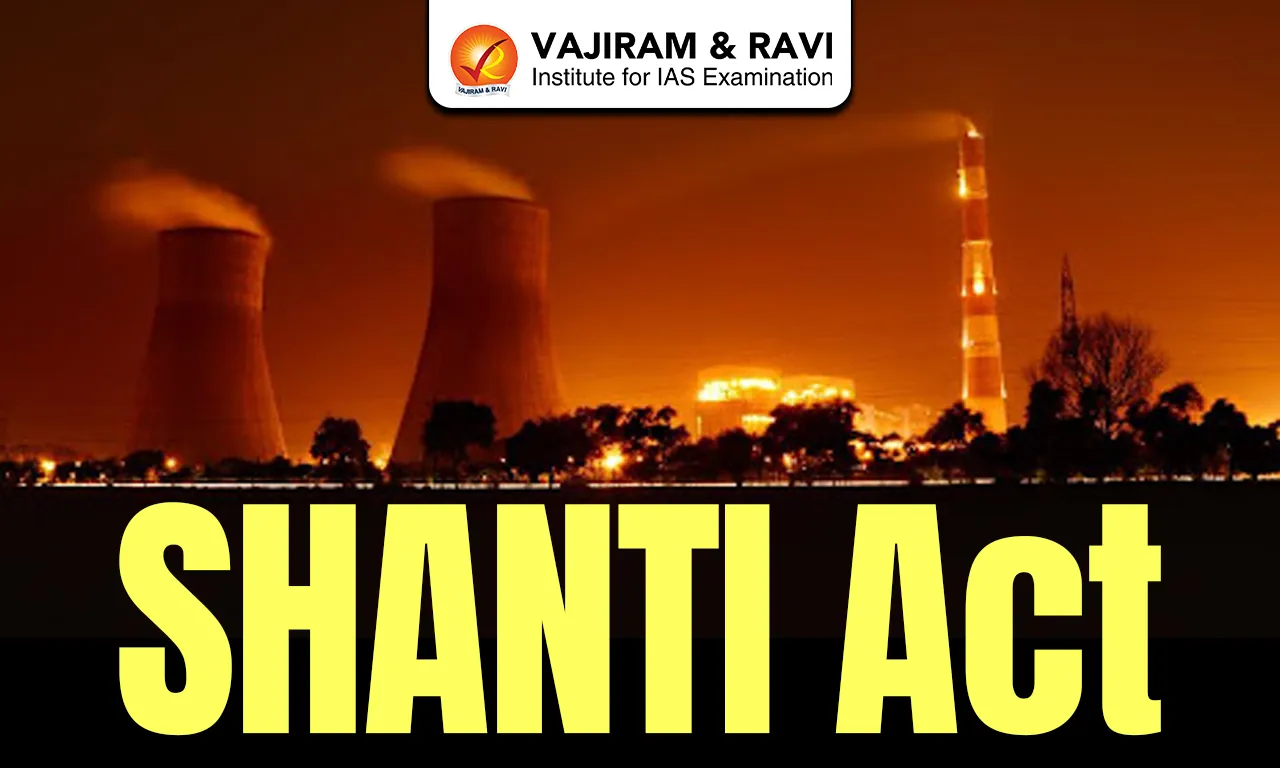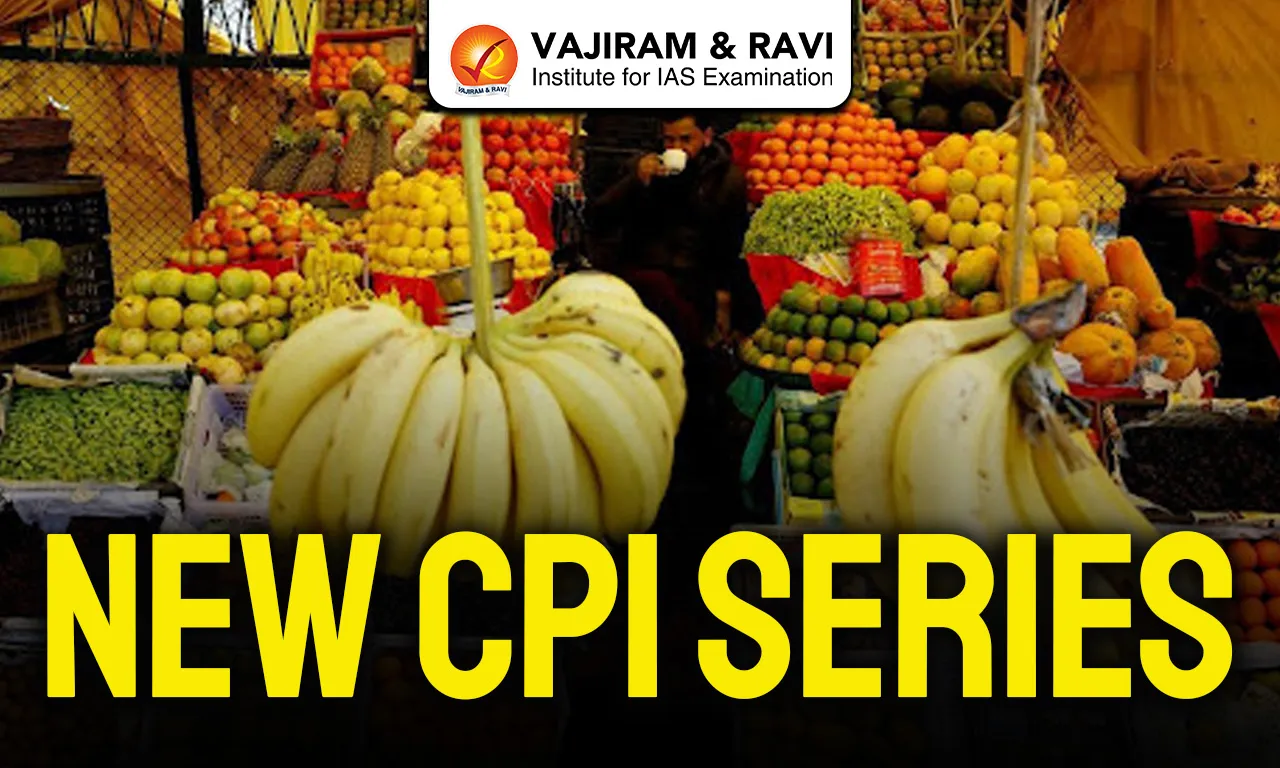What’s in today’s article?
- Why in News?
- Overview of the No-Detention Policy
- Reasons for Scrapping the No-Detention Policy
- Key Provisions of the New Policy
- Reactions Towards the New Policy
- Recommendations to Implement the New Policy
- Conclusion
Why in News?
- The Indian government has abolished the no-detention policy for Classes 5 and 8 across schools under its jurisdiction.
- This includes over 3,000 central schools, including Kendriya Vidyalayas, Jawahar Navodaya Vidyalayas, Sainik Schools, and Eklavya Model Residential Schools (under the Ministry of Tribal Affairs).
- This significant policy change aims to improve learning outcomes and accountability while balancing the rights of students with academic standards.
Overview of the No-Detention Policy:
- Adopted the change: 18 states and UTs, including Delhi, Rajasthan, and Tamil Nadu.
- Pending decision: Haryana and Puducherry.
- Continuing No-detention policy: Andhra Pradesh, Kerala, Maharashtra, etc.
Reasons for Scrapping the No-Detention Policy:
- Criticism of academic dilution:
- Experts argued that the policy led to a decline in academic standards and student accountability.
- It was believed to have transformed schools into mid-day meal hubs rather than centers of learning.
- State and expert advocacy:
- By 2016, most states supported scrapping the policy during a Central Advisory Board of Education (CABE) meeting.
- The National Education Policy (NEP) 2020 emphasised improving learning outcomes while retaining educational access.
- Balancing accountability with equity: The policy change aims to instill seriousness in studies while providing remedial measures for underperforming students.
Key Provisions of the New Policy:
- Promotion and re-examination:
- Students failing the annual exams in Classes 5 or 8 will receive remedial instruction and an opportunity for a re-examination within two months.
- Failure in the re-examination may lead to detention.
- Competency-based assessments: Examinations will focus on holistic development rather than rote memorisation or procedural skills.
- Support for struggling students: Teachers and school heads will provide targeted support, identify learning gaps, and closely monitor students’ progress.
- Safeguards for student rights:
- No child can be expelled before completing Class 8.
- Detailed records of detained students and their progress will be maintained.
Reactions Towards the New Policy:
- Supporters:
- Educators: Applaud the move as a step toward restoring academic rigor and preparing students for real-world challenges.
- Parents: See the policy as a means to encourage better academic preparation and outcomes.
- Critics:
- Educationists argue that detentions may increase dropout rates and undermine the RTE’s goal of inclusive education.
- They highlight the need for integrating Continuous and Comprehensive Evaluation (CCE) with the policy.
Recommendations to Implement the New Policy:
- Preventive measures:
- Early identification of at-risk students to reduce failures.
- Focus on addressing learning gaps throughout the academic year.
- Implementation oversight: School heads to monitor progress and ensure adequate support for detained students.
- Holistic view: Policies should integrate CCE to track progress and avoid stigma associated with failure.
Conclusion:
- The abolition of the no-detention policy marks a shift in India’s educational approach, aiming to balance accountability with inclusivity.
- While it seeks to improve learning outcomes, its success will depend on careful implementation and continued support for underperforming students.
Q.1. What is the National Curriculum Framework (NCF) for School Education?
The NCF enables the federal structure of school education, with States ultimately setting their State or regional curricula, easily incorporating local elements. The NCF incorporates and enables the major paradigm shifts as recommended by the NEP 2020, including holistic and multidisciplinary education.
Q.2. What is the Central Advisory Board of Education (CABE)?
The CABE is a committee of the Government of India that advises the Ministry of Education on education and educational policy. It is the oldest and most important advisory body of the Government of India in education.
News: Government ends no-detention policy in KVs and JNVs, five years after diluting RTE Act | HT | ToI
Last updated on February, 2026
→ UPSC Notification 2026 is now out on the official website at upsconline.nic.in.
→ UPSC IFoS Notification 2026 is now out on the official website at upsconline.nic.in.
→ UPSC Calendar 2026 has been released.
→ Check out the latest UPSC Syllabus 2026 here.
→ Join Vajiram & Ravi’s Interview Guidance Programme for expert help to crack your final UPSC stage.
→ UPSC Mains Result 2025 is now out.
→ UPSC Prelims 2026 will be conducted on 24th May, 2026 & UPSC Mains 2026 will be conducted on 21st August 2026.
→ The UPSC Selection Process is of 3 stages-Prelims, Mains and Interview.
→ Prepare effectively with Vajiram & Ravi’s UPSC Prelims Test Series 2026 featuring full-length mock tests, detailed solutions, and performance analysis.
→ Enroll in Vajiram & Ravi’s UPSC Mains Test Series 2026 for structured answer writing practice, expert evaluation, and exam-oriented feedback.
→ Join Vajiram & Ravi’s Best UPSC Mentorship Program for personalized guidance, strategy planning, and one-to-one support from experienced mentors.
→ UPSC Result 2024 is released with latest UPSC Marksheet 2024. Check Now!
→ UPSC Toppers List 2024 is released now. Shakti Dubey is UPSC AIR 1 2024 Topper.
→ Also check Best UPSC Coaching in India






















